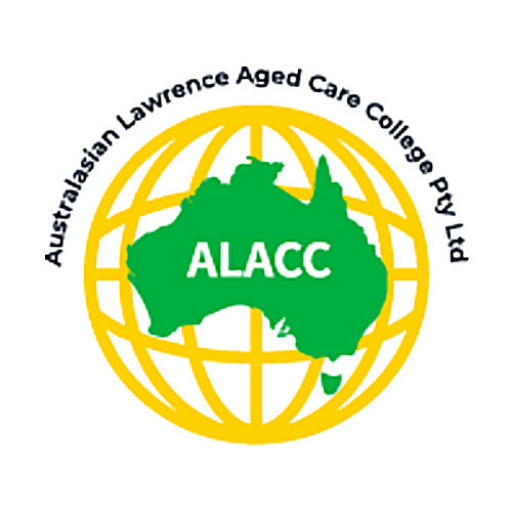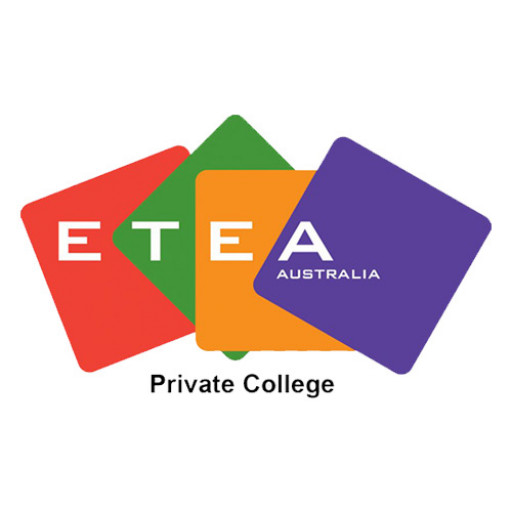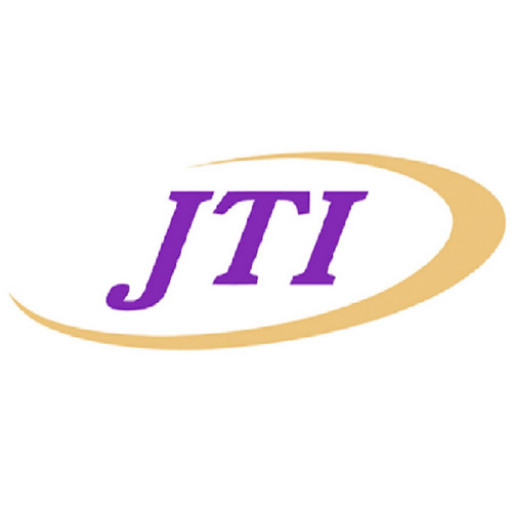This qualification reflects the function of workers in a range of community settings and clients\u2019 homes, who provide support and training in a manner that enables people with disabilities to attain greater degrees of freedom, selfreliance, community participation and wellbeing. Workers promote a person-centred strategy, job without direct supervision and might have to supervise and/or coordinate a tiny team.To achieve this qualification, the candidate must have completed at least 120 hours of are detailed in the Assessment Prerequisites of the components of competency.No licensing, legislative, regulatory or certification requirements affect this qualification at the time of book.
The Disability Support program at ALACC Health College is designed to equip students with comprehensive knowledge and practical skills necessary for a rewarding career in supporting individuals with disabilities. This program provides a thorough understanding of various disabilities, including physical, intellectual, sensory, and mental health conditions, and equips students with the strategies needed to promote independence, well-being, and social inclusion for these individuals. Throughout the course, students engage with a combination of theoretical learning and hands-on practice, including placements in real-world settings, to develop a well-rounded understanding of the challenges faced by people with disabilities and the best approaches to support them effectively.
The curriculum covers essential topics such as principles of disability support, communication techniques, person-centered planning, ethical considerations, and the importance of cultural sensitivity and respect in service delivery. Students learn about relevant legislation and policies that underpin disability support work, ensuring their practice aligns with legal and ethical standards. The program emphasizes the importance of teamwork, problem-solving, and establishing strong, respectful relationships with clients, their families, and other healthcare professionals.
In addition to foundational knowledge, the program offers specialized training in managing diverse needs, including assistance with daily living activities, supporting community participation, and implementing individualized support plans. Students also learn how to manage and document their work in accordance with compliance requirements, ensuring accountability and quality in service delivery. The practical component of the program involves supervised work placements, providing students with valuable insights into the realities of disability support work and helping them build confidence and professional competence.
Graduates of the Disability Support program are well-prepared for employment in a range of settings, including community organizations, residential facilities, healthcare services, and support agencies. The program aims to foster compassionate, capable, and ethically responsible professionals dedicated to improving the lives of individuals with disabilities. Upon completion, students receive a nationally recognized qualification that opens doors to various career pathways in the disability sector, contributing meaningfully to social inclusion and improved quality of life for those they support.
Programme Requirements:
The Disability program at ALACC Health College, Australia, is designed to provide students with comprehensive knowledge and practical skills necessary for effective support and care of individuals with disabilities. To enroll in this program, applicants must possess a minimum of Australian Year 12 completion or equivalent secondary school qualification. Prior experience in health or community service sectors is preferred but not mandatory. International students must meet English proficiency requirements, typically an IELTS score of 6.0 or equivalent. The program emphasizes a combination of theoretical learning and practical placements, requiring students to complete a specified number of hours in real-world settings to attain competency.
Students must successfully complete all core and elective units outlined in the curriculum, which covers areas such as understanding disability, communication strategies, support planning, safeguarding, and ethical considerations. The program includes assessments through written assignments, case studies, practical demonstrations, and examinations. Additionally, students are required to participate in supervised clinical placements, which are arranged by the college to simulate real-world scenarios and ensure that students gain relevant experience in diverse disability support environments.
Attendance at all scheduled classes and practical sessions is compulsory to meet the program requirements. Students are also expected to demonstrate professional conduct and adherence to health and safety protocols at all times. Continued progress is monitored through regular assessments, and students must maintain satisfactory grades to remain enrolled. Upon successful completion of all coursework, assessments, and placements, graduates receive a Certificate IV in Disability, qualifying them for roles such as Disability Support Worker, Community Care Worker, or Respite Worker.
Furthermore, applicants must disclose any physical or mental health conditions that may impact their capacity to undertake the program's practical components. The college offers support services and reasonable adjustments where possible to accommodate students with disabilities, ensuring equitable access to learning opportunities. All program requirements are aligned with national standards for disability support education in Australia to ensure graduates are qualified to work professionally within the sector.
The financing of the Disability program at ALACC Health College, Australia, is structured to ensure accessible and sustainable funding options for students pursuing this qualification. Typically, students can access various government-subsidized schemes such as the Commonwealth Register of Institutions and Courses for Overseas Students (CRICOS) and the Australian Government’s subsidized training initiatives aimed at Australian citizens and permanent residents. These schemes often cover a significant portion of tuition fees, reducing the financial burden on students and making education more accessible.
In addition to government support, ALACC Health College offers flexible payment options to accommodate students' financial circumstances, including installment plans and scholarships for eligible applicants. Students may also qualify for loan schemes such as VET Student Loans, which help cover tuition fees for eligible students undertaking vocational education and training courses, including the Disability program. These loans typically have favorable repayment conditions linked to income levels and employment status, providing further financial security.
Moreover, the college actively encourages students to seek external funding sources, including scholarships offered by various health sector organizations, disability advocacy groups, and industry partners. Such external funding can significantly offset costs related to tuition, equipment, and other study-related expenses. International students enrolling in the program are generally required to demonstrate proof of financial capacity to cover their tuition fees and living costs, with the possibility of obtaining student visas that sometimes include financial sponsorship options.
For students enrolled in the Disability program, ALACC Health College also provides guidance and support in navigating financial aid options, application processes, and eligibility requirements. Overall, the financing framework designed by ALACC Health College aims to promote equitable access to education and ensure that financial barriers do not prevent aspiring healthcare professionals from completing their qualifications in disability care.
The Bachelor of Disability Studies program at ALACC Health College, Australia, provides students with comprehensive knowledge and practical skills necessary to support individuals with disabilities in diverse settings. This program focuses on understanding the social, cultural, and policy aspects of disability, preparing graduates to promote inclusion, accessibility, and rights for people with disabilities. Throughout the course, students engage with interdisciplinary content covering topics such as disability advocacy, communication techniques, ethical issues, and legal frameworks that influence disability services. The curriculum emphasizes person-centered approaches, encouraging students to develop empathetic and effective support strategies tailored to individual needs.
The program typically includes theoretical coursework complemented by practical placements within community organizations, healthcare facilities, and support agencies. These industry placements allow students to gain real-world experience working with diverse populations, applying their learned skills in practical environments. Students are also trained in the use of assistive technologies, intervention strategies, and support planning, equipping them to work in various roles such as support workers, community workers, and advocates. ALACC Health College ensures that its faculty comprises experienced professionals in the disability and social services sectors, providing students with mentorship and expert guidance throughout their studies.
In addition to core disability studies content, the program emphasizes the development of soft skills such as communication, teamwork, problem-solving, and cultural competency. These are essential for delivering effective support services and fostering respectful, inclusive communities. Upon graduation, students are prepared to pursue employment opportunities across a range of settings, including disability support organizations, government agencies, and independent living programs. The program also offers pathways to further education, such as postgraduate qualifications in disability and social work.
The college maintains accreditation standards aligned with Australian national qualifications framework, ensuring that the education provided meets industry requirements and prepares students for the workforce. Students benefit from modern facilities, access to advanced assistive devices, and partnerships with local organizations that enhance learning and employment prospects. Overall, the Bachelor of Disability Studies at ALACC Health College aims to produce competent, compassionate professionals dedicated to improving the quality of life for individuals with disabilities and promoting societal inclusion.









